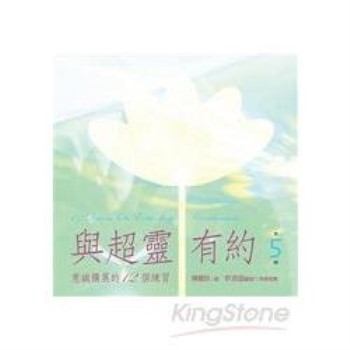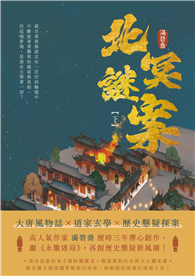Spirals in the Caribbean responds to key questions elicited by the human rights crisis accelerated in 2013 by the Dominican Constitutional Court’s Ruling 168-13, which denationalized hundreds of thousands of Dominicans of Haitian descent. Spirals details how a paradigm of permanent conflict between the two nations has its roots in reactions to the Haitian Revolution--a conflict between slavers and freedom-seekers--contests over which have been transmitted over generations, repeating with a difference. Anti-Haitian nationalist rhetoric hides this long trajectory. Through the framework of the Spiral, a concept at the core of a Haitian literary aesthetic developed in the 1960s called Spiralism, Sophie Maríñez explores representations of colonial, imperial, and national-era violence. She takes as evidence legislation, private and official letters, oral traditions, collective memories, Afro-indigenous spiritual and musical practices, and works of fiction, plays, and poetry produced across the island and its diasporas from 1791 to 2002.
With its emphases on folk tales, responses to the 1937 genocide, the Constitution of the Dominican Republic, Afro-indigenous collective memories, and lesser-known literary works on the genocide of indigenous populations in the Caribbean, Spirals in the Caribbean will attract students, scholars, and general readers alike.| FindBook |
有 1 項符合
Spirals in the Caribbean: Representing Violence and Connection in Haiti and the Dominican Republic的圖書 |
 |
Spirals in the Caribbean: Representing Violence and Connection in Haiti and the Dominican Republic 作者:Mariñez 出版社:University of Pennsylvania Press 出版日期:2024-08-27 語言:英文 規格:精裝 / 304頁 / 普通級/ 初版 |
| 圖書館借閱 |
| 國家圖書館 | 全國圖書書目資訊網 | 國立公共資訊圖書館 | 電子書服務平台 | MetaCat 跨館整合查詢 |
| 臺北市立圖書館 | 新北市立圖書館 | 基隆市公共圖書館 | 桃園市立圖書館 | 新竹縣公共圖書館 |
| 苗栗縣立圖書館 | 臺中市立圖書館 | 彰化縣公共圖書館 | 南投縣文化局 | 雲林縣公共圖書館 |
| 嘉義縣圖書館 | 臺南市立圖書館 | 高雄市立圖書館 | 屏東縣公共圖書館 | 宜蘭縣公共圖書館 |
| 花蓮縣文化局 | 臺東縣文化處 |
|
|
圖書介紹 - 資料來源:博客來 評分:
圖書名稱:Spirals in the Caribbean: Representing Violence and Connection in Haiti and the Dominican Republic
|











